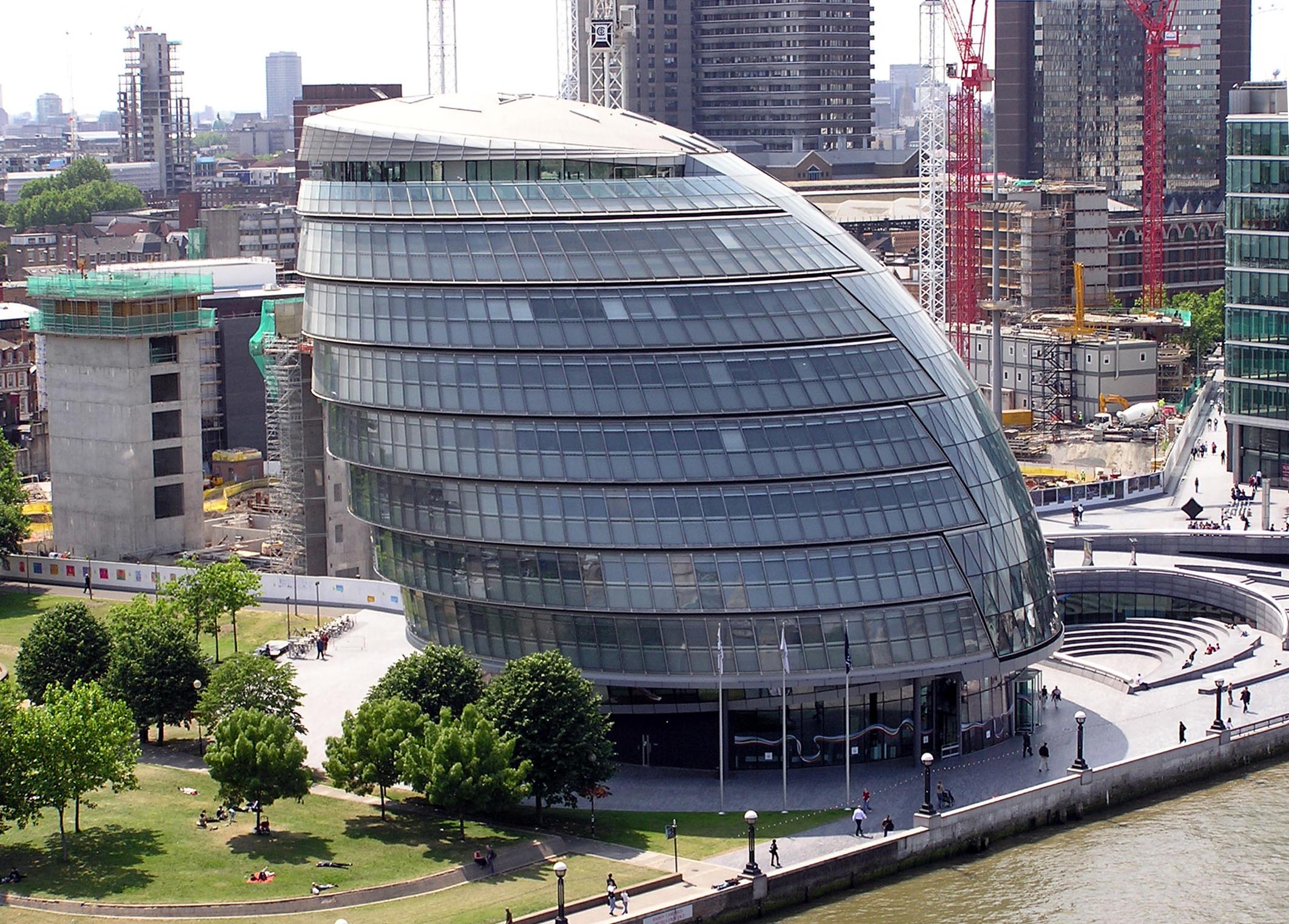Social media is playing a real and surprising role in complementing traditional methods of communications to help people develop and retain their contacts at work. That is the conclusion of a Work Foundation report, The Changing World of Work, published last month. The report, produced in association with BT, is based upon a survey of 1,240 employees in businesses employing more than 500 people,
Its five headline findings are:
1. Working relationships matter (strong social relationships mean people feel trusted and that builds job satisfaction)
2. New technologies are not supplanted traditional ways of communicating but creating new ways to interact with people
3. People prefer to work for places characterised by strong working relationships and a focus on outputs rather than processes
4. People with access to new technologies are more likely to characterise their organisations as having a culture of mutual trust
5. Managers need to think innovatively about what tools to use to develop and sustain different relationships.
While 85% of those surveyed say their organisation is based on formal rules and policies, only 6% say they prefer to work in this type of organisation. It’s an interesting conondrum and a challenge for public sector organisations like councils. For very sound reasons, we tend to be rule-bound organisations but it’s a culture that perhaps doesn’t chime with encouraging innovation and risk taking.
People who have access to newer technologies like instant messaging, wikis, professional networking (IDeA communities of practice being a shining example), social networking, blogs and integrated voicemail/email, are more likely to characterise their organisations as being committed to innovation and development and focused on achievement.
The report found that the older you are, the more likely you are to dislike technology. That doesn’t mean older people don’t use it but from this survey at least, older people are more likely to feel uncomfortable or wary about using technology than those who are younger.











